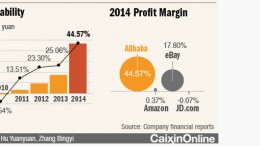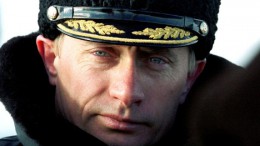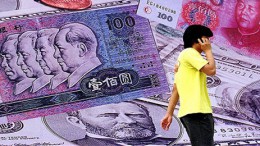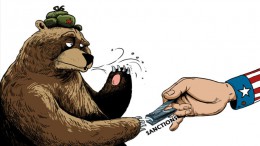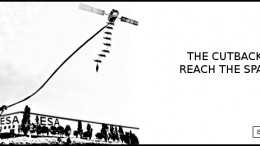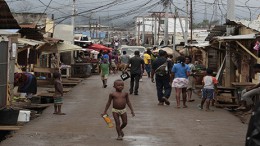Britain betrays Hong Kong… again
The British government has failed to condemn China for breaking its promise of greater democracy in Hong Kong. If you were told the Chinese government — an unelected, one-party state — will decide who you can vote for, what would your response be? Not only would you likely object, you would expect others, especially democracies, to loudly condemn the idea. But Britain has done just the opposite to the people of Hong Kong, when it failed to call China out for breaking its promise of greater democracy for the island territory.


